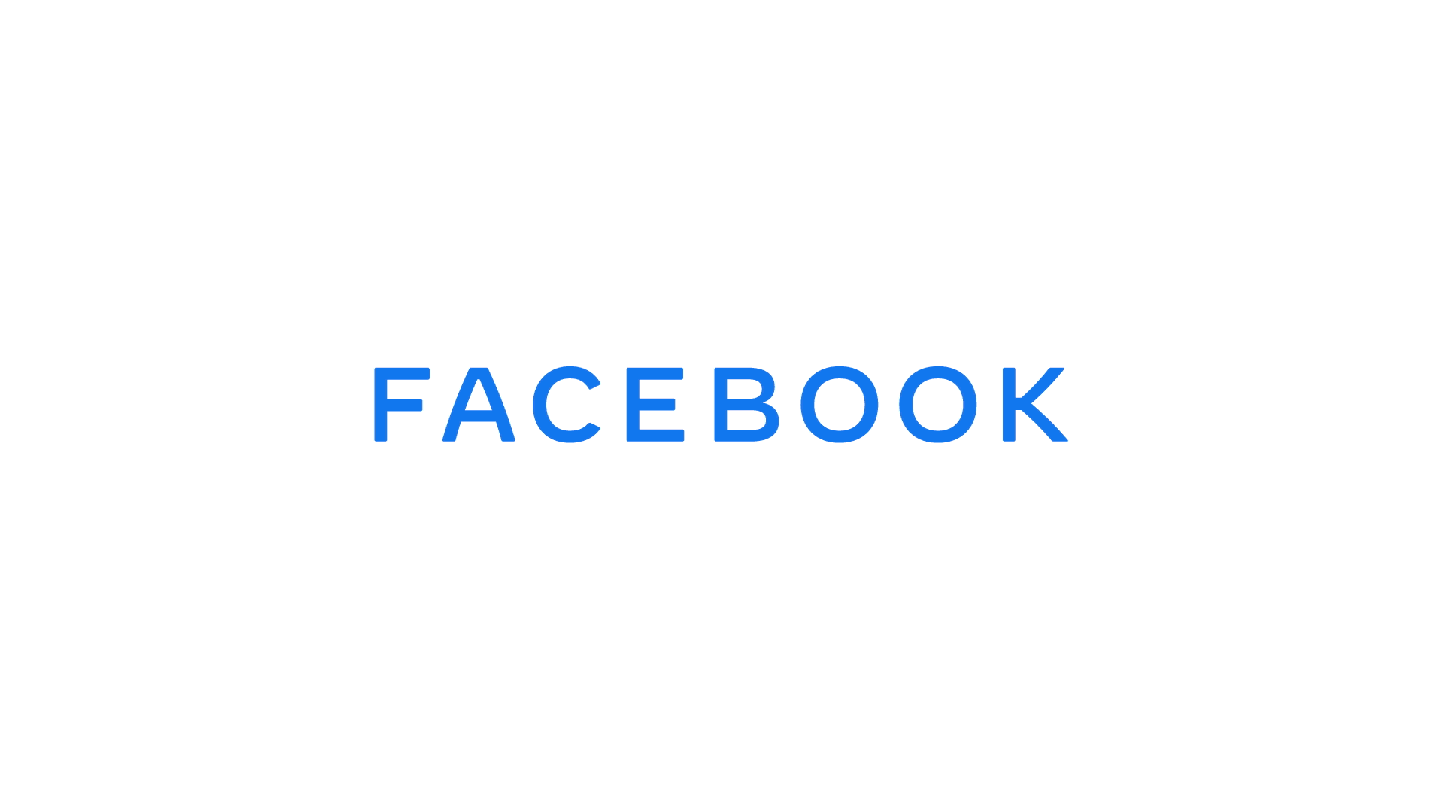The eagle-eyed of you may have spotted that one of the world’s biggest companies has just gone through a rebranding process: Facebook. It must be clarified that Facebook has not rebranded the online platform which many of us use to keep in touch with family, friends, colleagues, and people we met that one time. Instead, they rebranded Facebook Inc., the parent company to subsidiaries such as Messenger, Whatsapp and Instagram. Companies rebranding is nothing out of the ordinary and is in fact a very normal business technique to maintain a positive image with their stakeholders.

The question is what is the motive behind Facebook’s branding change? It is no secret that over the past couple of years Facebook has been subject to predominately negative press, the Cambridge Analytica scandal being the inglorious highlight.
As a result, many feel that user confidence had declined on Facebook. The rebranding, however, focuses on how Facebook Inc. is an umbrella for a significant number of our favourite social media platforms like Instagram and Whatsapp.
The intention is to add further value to the company by emphasising interconnectivity, yet unique aspects of all of its products. The online reaction to the rebranding is not overwhelming. Moreover, the effect on their share price has not been quite the slam dunk they were hoping for.
Facebook are also hoping that the move will increase user awareness about Facebook’s ownership of these brands, as a recent study according to Business Insider, shows that only 29% aware American adults know about Facebook Inc. as an umbrella company.
However, some feel that at a turbulent time for Facebook, now isn’t the right to be drawing attention to itself and amidst data protection concerns, the other 71% of Americans may not be too pleased when they find out that Facebook has a whole lot more of their data than they previously thought.
If people become more aware of one large corporation owning so many brands and their data, it could potentially scare consumers. Recently the Democrats candidate and presidential hopeful Elizabeth Warren and the Labour Party of the UK have not only voiced concerns over data protection but rallied against large corporations.
This could be a major threat to companies like Google, Facebook and Amazon whose success has often been down to acquiring competition thus undermining the possibility of a competitive market, something that many politicians are positioning themselves against.
Some believe that Facebook are trying to do too much, too fast. Other multi-nationals such as Coco- Cola regularly adjust their value proposition but do so whilst balancing the original idea which the brand represents – some feel that Facebook are being a little over-ambitious.
Brands adjusting their positions and rebranding is not a new thing, it’s an age-old business tactic which is necessary and yields results. For example, the big four accounting firms have pursued rebranding efforts to curtail the negative press which has haunted them. But they have not succeeded in the degrees they hoped for, because what they are trying to project and what consumers associate with them is radically different. This just might be the issue which Facebook Inc. might be facing.
In no ways is Facebook becoming any smaller or less successful. It remains a massive corporation which has in the past pioneered the way we connect with people. Recently though some conversations have made their journey less breezy. They have extended better privacy features and more transparent data usage policies. Most consumers continue using Facebook Inc.’s services, but do they still feel safe doing so anymore? For a growing number of people, the answer to this is no, and Facebook needs to take care that this wave of concern doesn’t spill over across all of its subsidiaries.
Image: [thenextweb.com]

